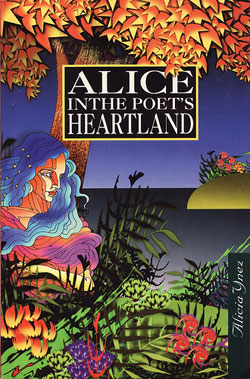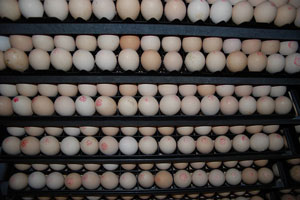
Source: Photographed poetry in the heartland, aliceinthepoetsheartland, Flickr
Poetry is a special form of literature because it is so compact. Poets convey big ideas about life, death, love, grief, identity, and many more topics by using only a few words. A novelist might slowly develop a plot, characters, and theme over a hundred pages or more, but a poet may condense the message into a few lines.
Samuel Taylor Coleridge, a famous poet from the early 1800s, made the following statement about the compact nature of poetry:
I wish our clever young poets would remember my homely definitions of prose and poetry; that is, prose = words in their best order; poetry = the best words in the best order.
In a way, understanding poetry is like cracking open an egg. On the outside, all we see is a smooth shell, but once the egg is cracked open, the inside may reveal a raw egg white and a yolk, a hard- or soft-boiled egg, or even a baby chick. If the egg is raw, we might scramble it, fry it, make an omelet, or mix it into cake batter. A poem, too, is full of surprises and possibilities. You just need to crack it open. Click the link below to watch the short animation that follows. You will see that you don’t always know what you will find.
“It’s a Kinder Magic—Kinder Egg Stop Action Motion Animation.”

Source: Eggs, George M. Groutas, Flickr
Even candy eggs are full of surprises. Similarly, poets can surprise you by using their box of tools to create meaning in their poetry. Figurative language and sound are two such tools, or devices. They can provide evidence to help you crack open the meaning of a poem. This process of finding evidence and applying it to the meaning of a text is known as making inferences. With practice, you will be able to make complex inferences, helping you become a skilled close reader.
In this lesson, you will learn how to make complex inferences from the lines found in a poem. You will also learn how to use evidence from a poem’s text to support your understanding.